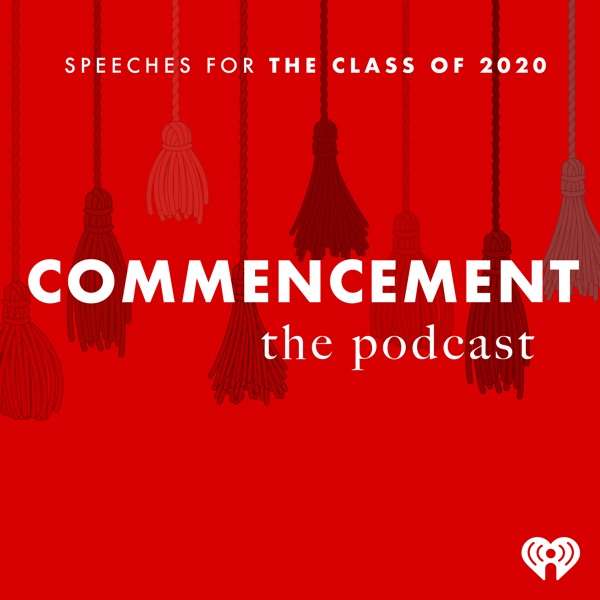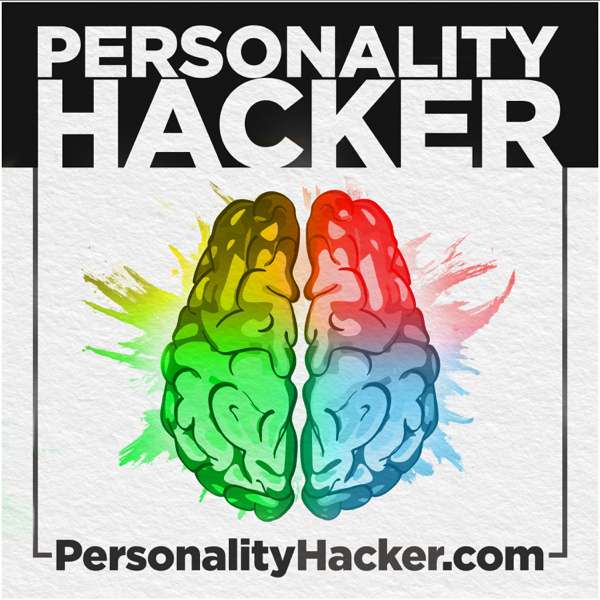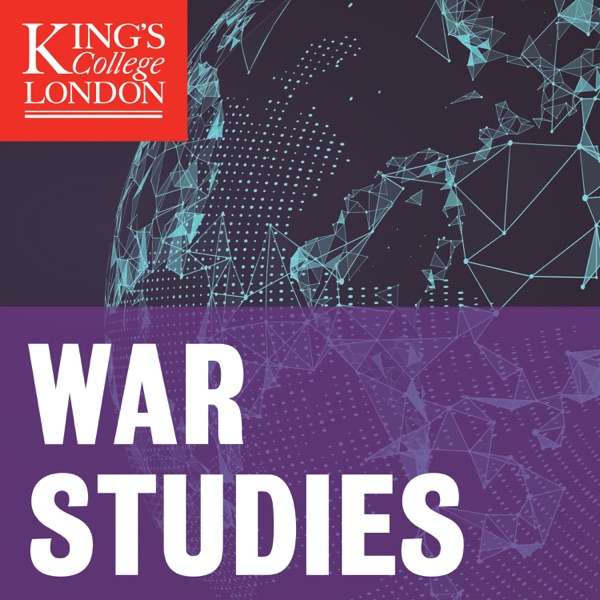Democracy and Education
Democracy and education are inextricably linked. A democracy can only work when voters have an open mind, the ability to think critically, and are tolerant of others and their beliefs. A good education should be designed to cultivate these instincts, and the result should be we well-rounded citizens who respect each other, engage in healthy public discourse, and are able to think critically to uncover lies and bad ideas. Education should prepare all citizens to properly participate in civic life.
The 4 Pillars of Good Education
First, students should gain a firm grasp on language, and be able to read and write critically, uncover lies and discuss opinions respectfully. Second, students need strong mathematic, scientific, and computational literacy. Third, we need to understand and be able to think critically about the past, because the way we understand history has an impact on what we do in the future. Finally, we need to encourage creative thinking, and learn to understand the beauty and importance of things like poetry, art, and design.
The Bankruptcy of US Education
Our education system does not prepare us for the nation and the economy we live in. First, a high school degree does not prepare students for a life of work. With the current level of specialization and technology, we must make higher education free in order to give graduates a way to succeed. Our education system is also failing us civically. Most adults can't name the three branches of government, a huge percentage of the electorate can be easily manipulated by obvious falsehoods, and many lack critical thinking skills as evidenced by COVID denial.
Find out more:
Leon Botstein's entire life and his work in all its aspects is devoted to one mission: the improvement of peoples' lives through education and exposure to the arts. A child of a generation that experienced extreme prejudice and barbarity, his firm belief that a better and more equitable world can be created by cultivating the life of the mind remains the principle that informs and connects all of his performances, writing, public service, and teaching.
He was born in Zurich and immigrated to the US as a child. He studied history and philosophy at the University of Chicago and earned a PhD in history from Harvard University.
In 1975 Botstein became the president of Bard College, a position he still holds. Under his leadership, Bard has developed into a distinctive liberal arts institution offering a vast range of undergraduate and graduate programs.
In 1990 Botstein established the internationally admired Bard Music Festival, the success of which helped in the development of the beautiful Richard B. Fisher Center for the Performing Arts, a multi-functional facility designed by Frank Gehry on the Bard College campus. Opening in 2003, the Fisher Center inspired a programmatic expansion, Bard SummerScape, that includes opera, dance, theater, and cabaret over six weeks every summer.
In 1992 he was named music director of the American Symphony Orchestra, a position he still holds. During his directorship, he transformed ASO into a pioneer, presenting great works that have long been ignored by history, alongside the acknowledged masterpieces, in concerts curated thematically, using history and ideas to catch the imagination of a wider and non-traditional audience.
On January 23, 2020, Botstein was named chancellor of the Open Society University Network, of which Bard College and Central European University are founding members.
We've started a referral program! Refer us to your friends to get a free button or Moleskine notebook. Please use this link to get your personal referral code: https://refer.glow.fm/future-hindsight, which you can then forward to your friends.

 Our TOPPODCAST Picks
Our TOPPODCAST Picks  Stay Connected
Stay Connected







